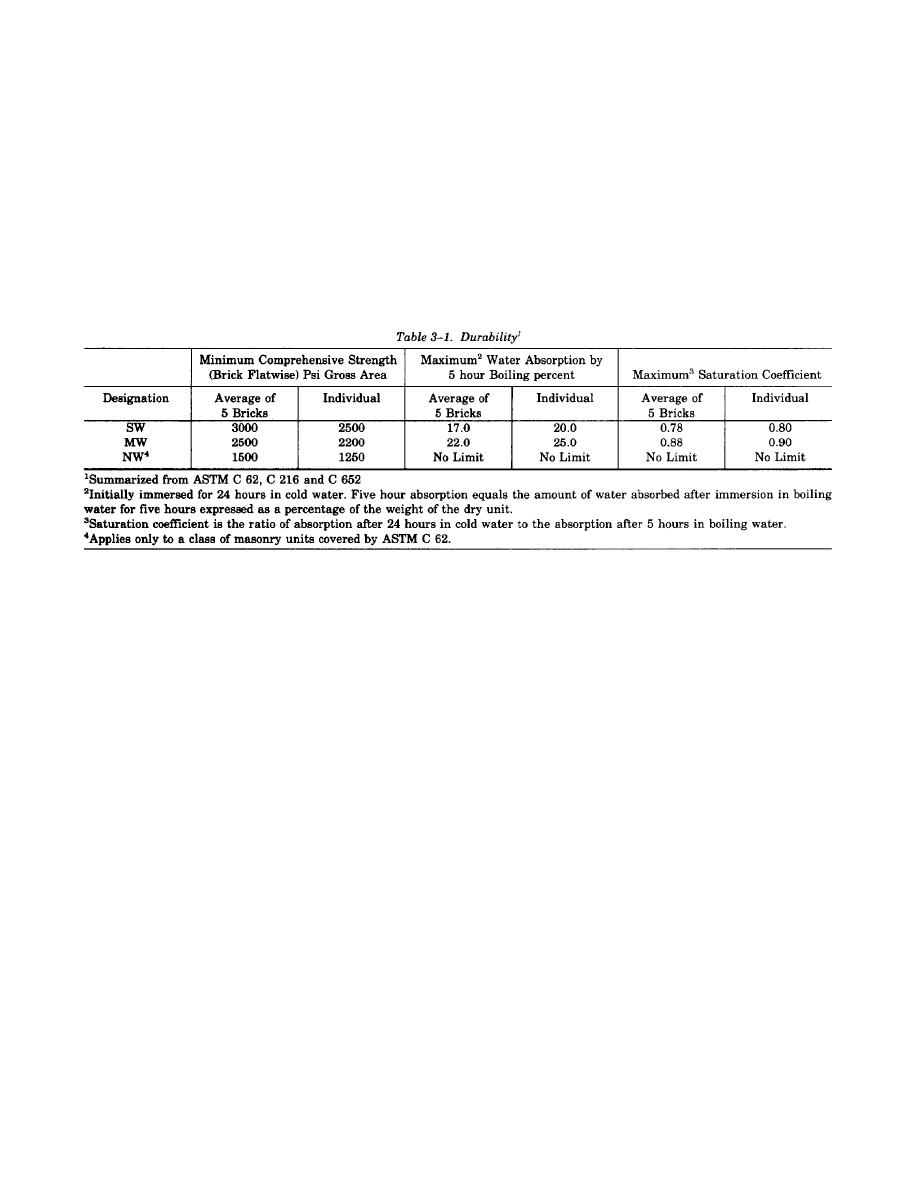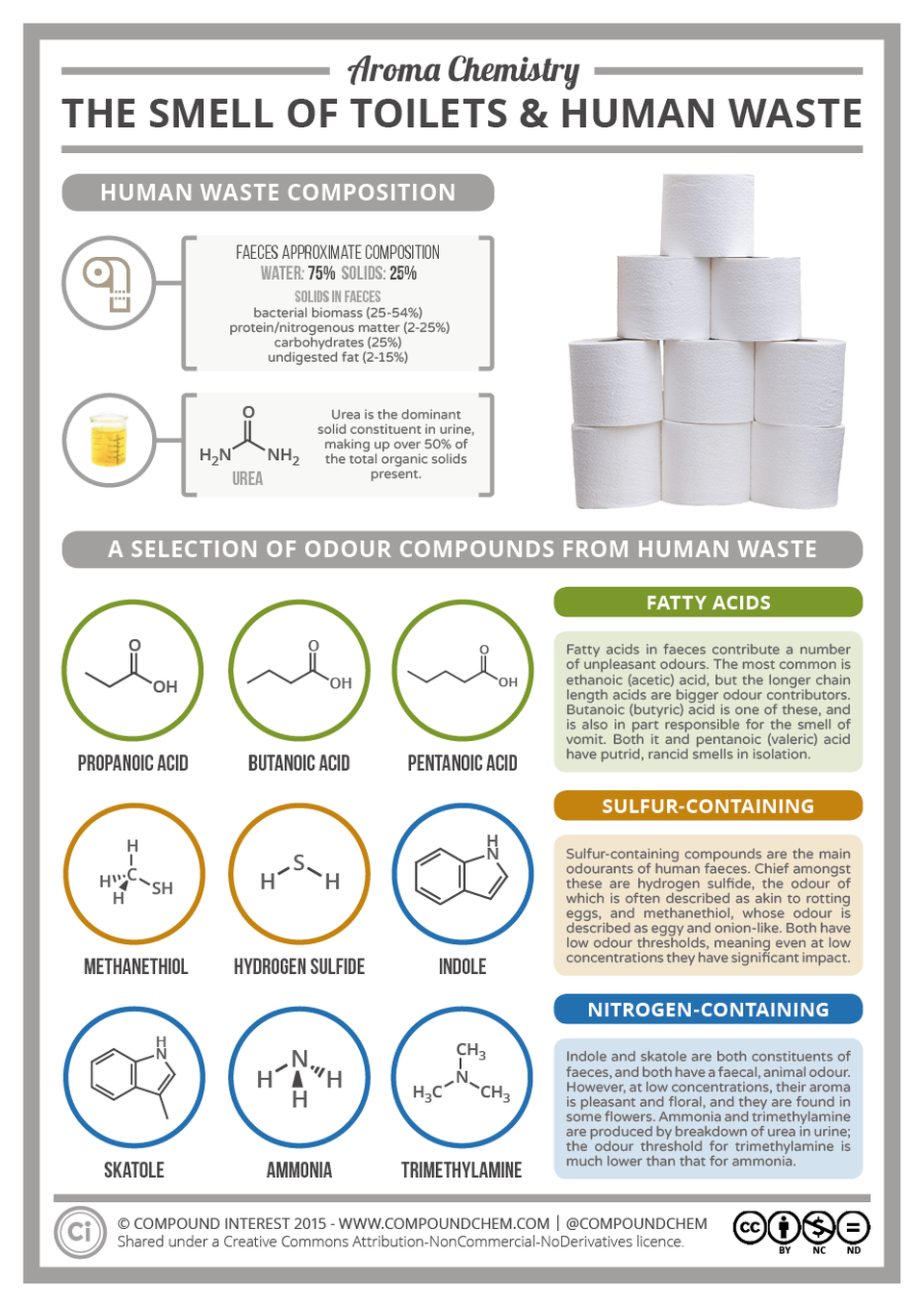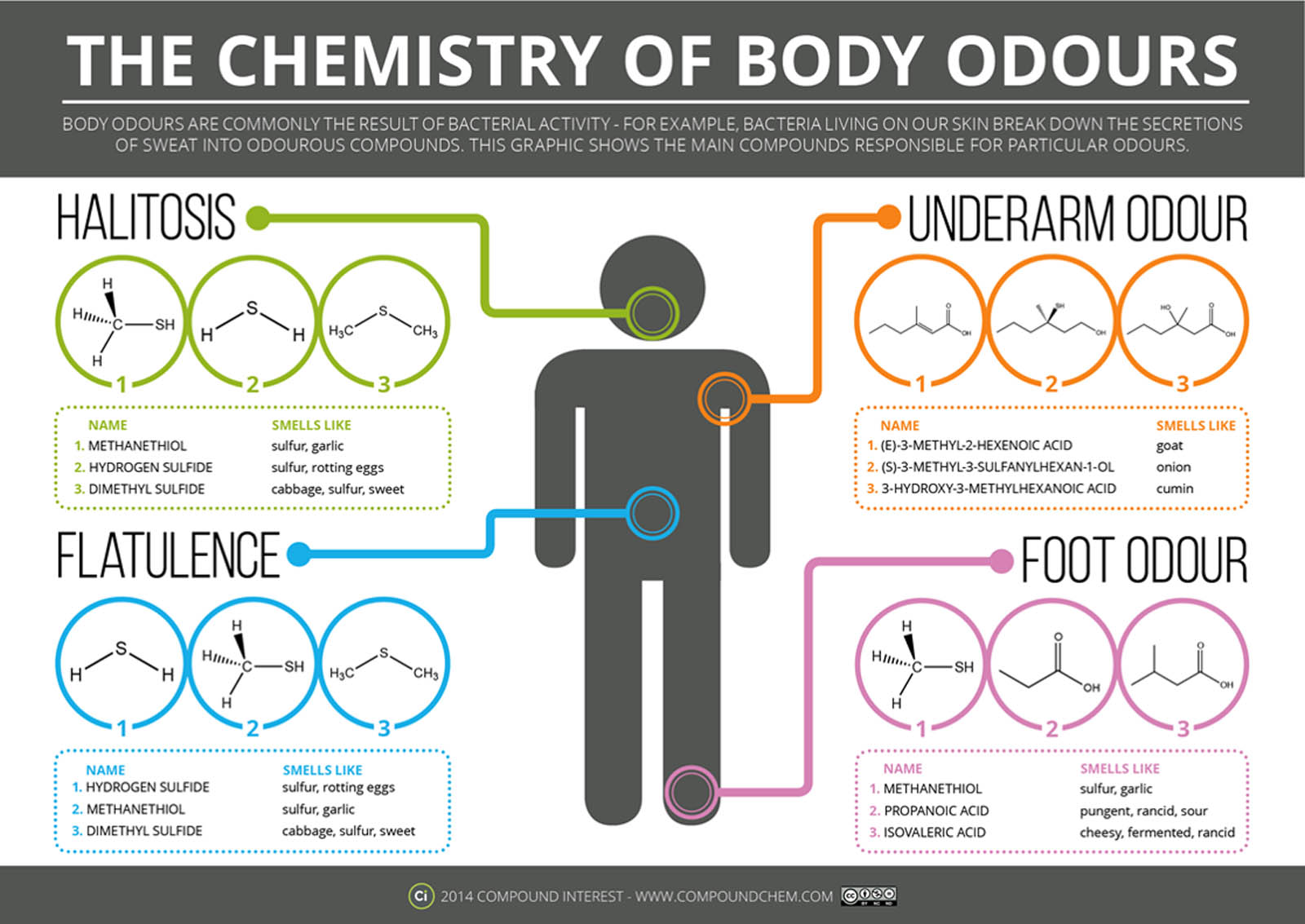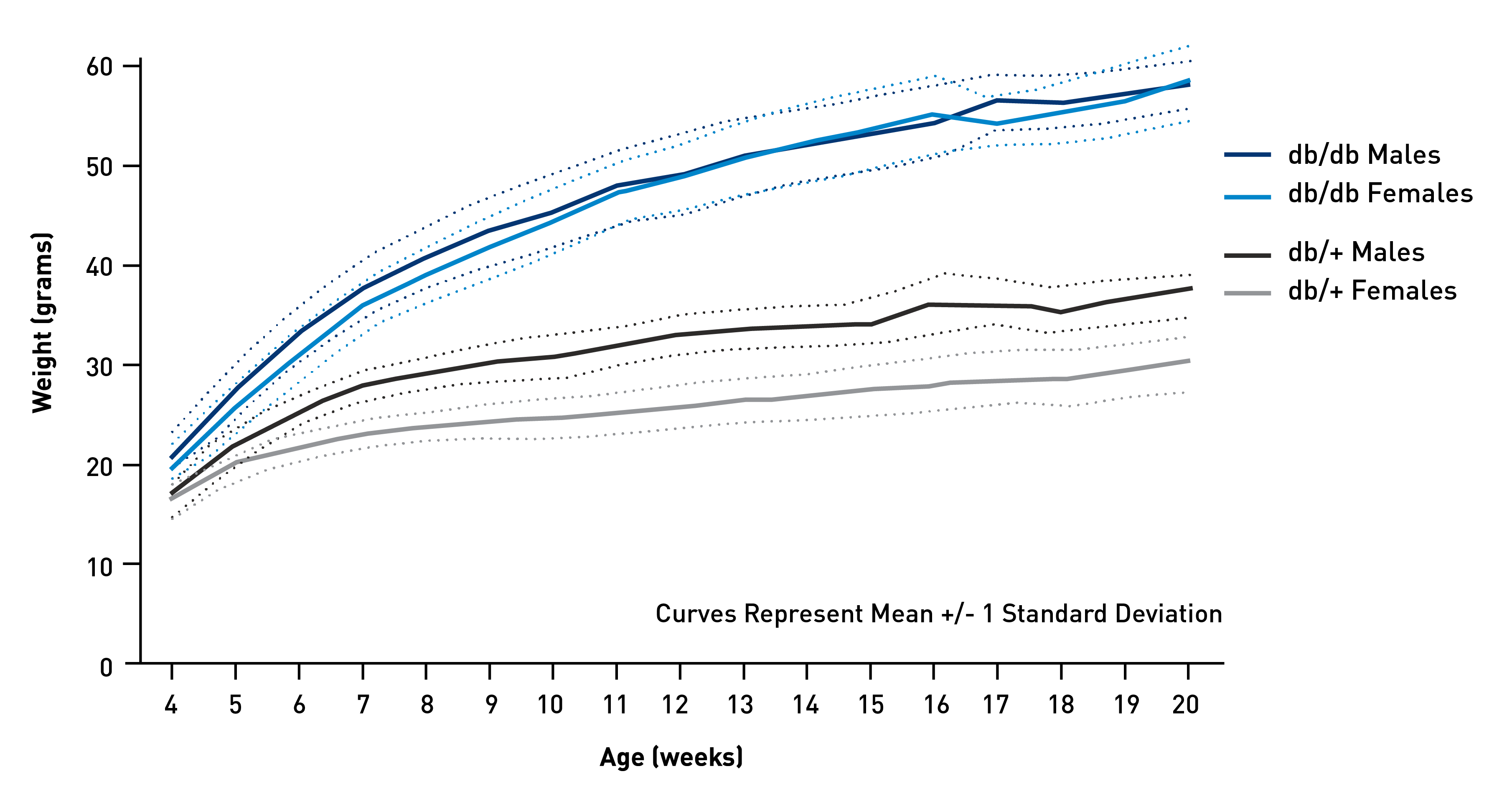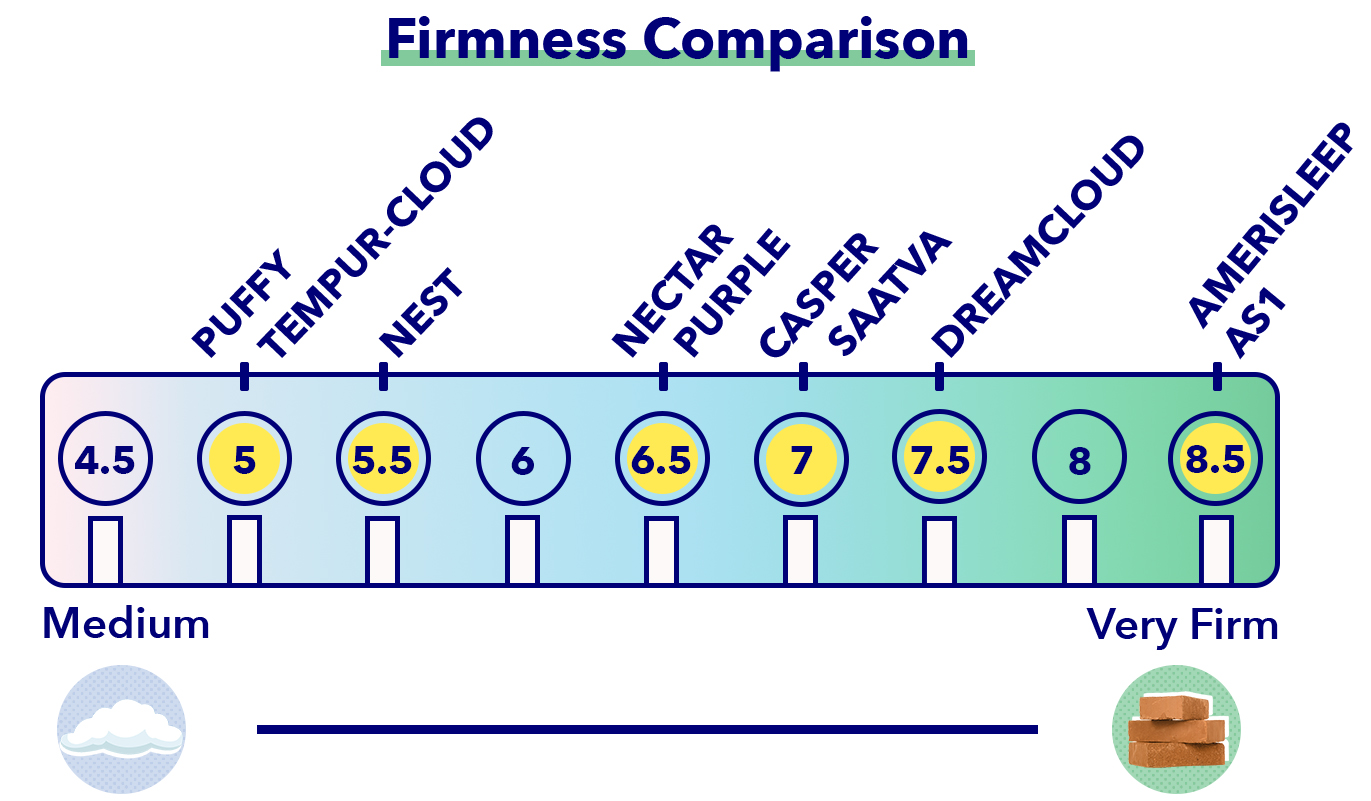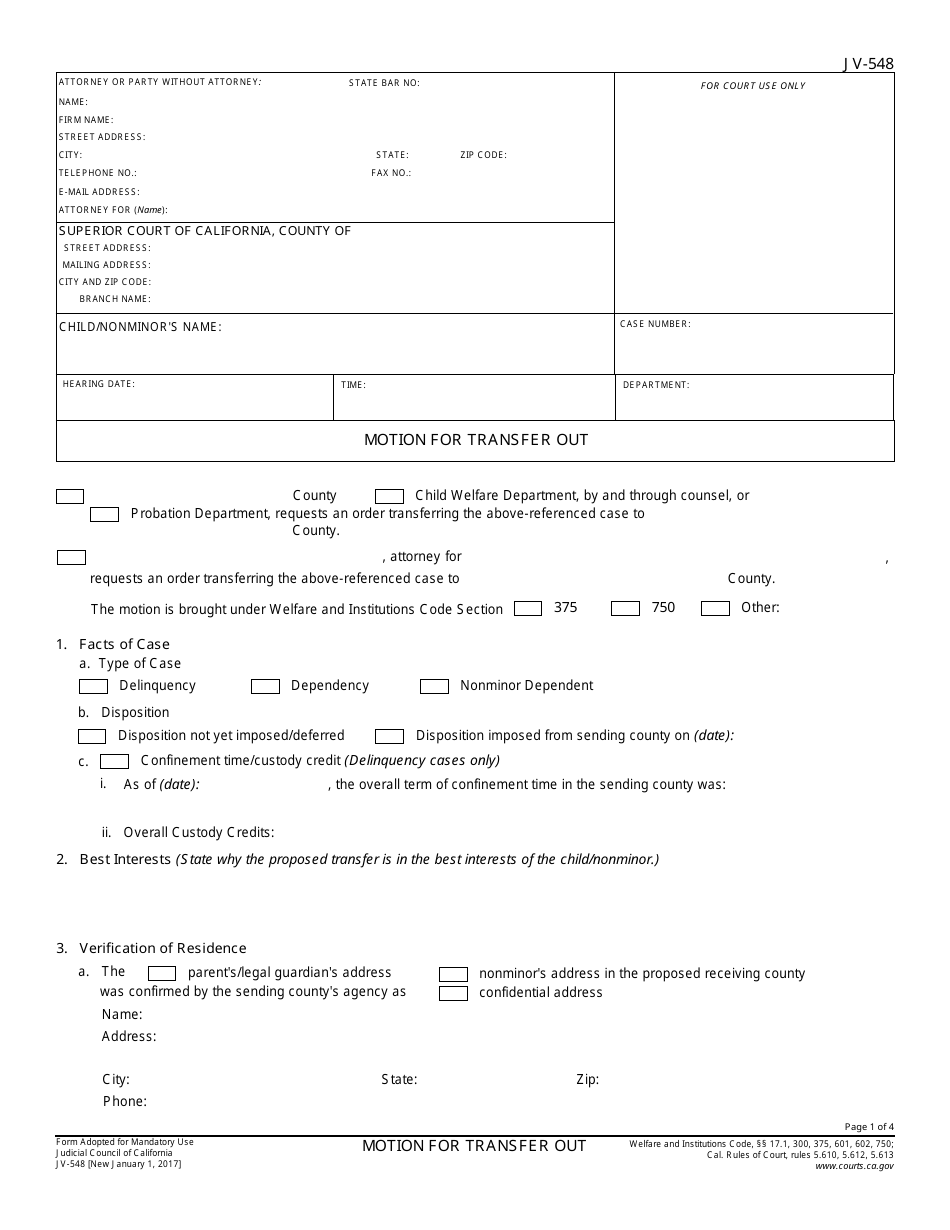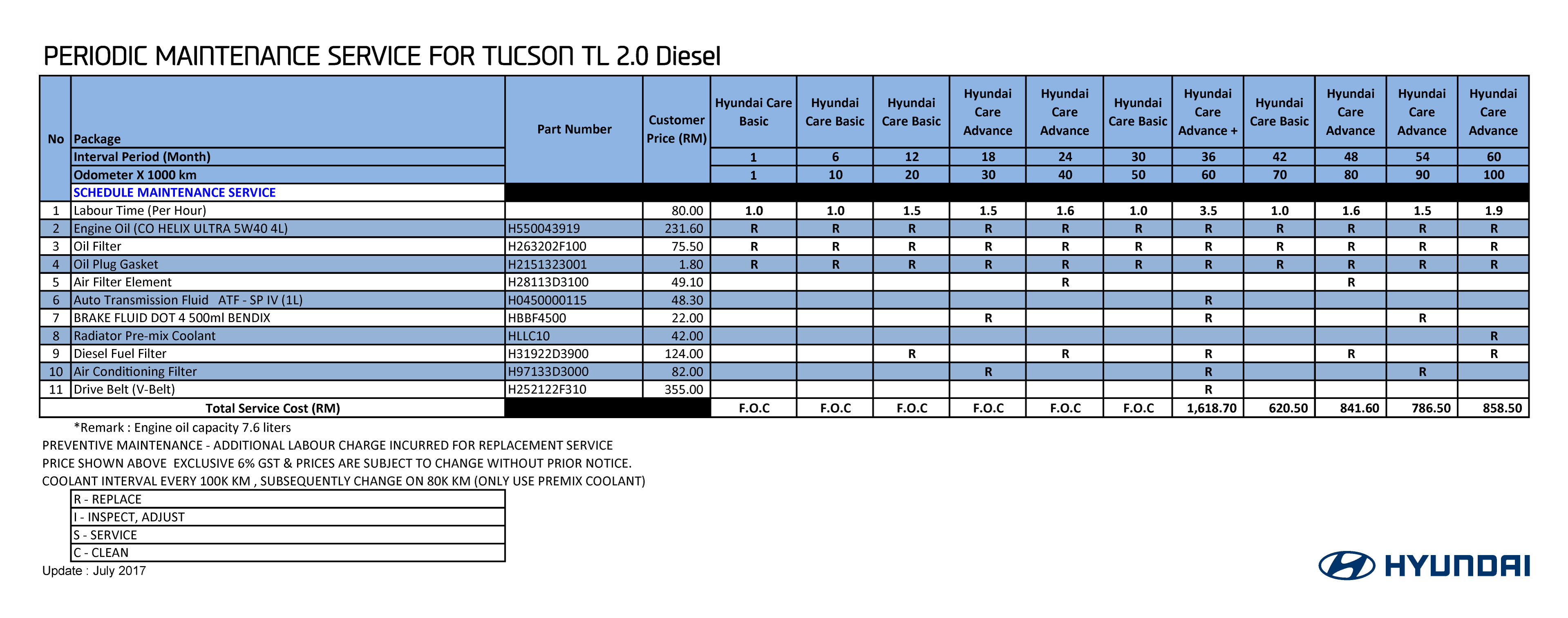1. Allergies
One of the main cons of latex mattresses is that they can trigger allergies in some people. Latex is a natural material made from rubber tree sap, and while it is highly durable and provides excellent support, it can also cause allergic reactions in individuals who are sensitive to it. This can lead to uncomfortable symptoms such as itching, sneezing, and difficulty breathing, making it difficult for those with allergies to get a good night's sleep on a latex mattress.
2. Cost
Another major downside of latex mattresses is their cost. Latex mattresses tend to be on the more expensive side compared to other types of mattresses, such as memory foam or innerspring. This is due to the high-quality materials used in their construction and the labor-intensive process of making them. The cost of a latex mattress may be prohibitive for some, making it a less accessible option for those on a budget.
3. Durability
While latex mattresses are known for their durability, they may not last as long as some other types of mattresses. Latex mattresses can start to break down and lose their shape over time, especially if they are not properly cared for. This can lead to a decrease in comfort and support, which may require the mattress to be replaced sooner than expected.
4. Heat Retention
Latex mattresses have a tendency to retain heat, which can make them uncomfortable for some individuals, especially those who tend to sleep hot. This is due to the dense and solid nature of latex, which does not allow for much airflow. This can lead to a night of tossing and turning, trying to find a cool spot on the mattress.
5. Chemical Odor
Some latex mattresses may have a strong chemical odor when first unpacked. This is due to the materials used in the manufacturing process, such as adhesives and dyes. While the smell may dissipate over time, it can be off-putting for those with sensitive noses. It is important to air out a latex mattress before use to help reduce the smell.
6. Weight
Latex mattresses are much heavier than other types of mattresses, making them difficult to move and maneuver. This can be a problem when it comes to flipping or rotating the mattress, as it may require more than one person to do so. This can also be an issue for people who need to move their mattress frequently, such as during a move.
7. Limited Firmness Options
Unlike other types of mattresses, such as memory foam or innerspring, latex mattresses may have limited firmness options available. This is due to the natural properties of latex, which only allows for a certain range of firmness levels. This may make it more difficult to find a latex mattress that caters to individual preferences and needs.
8. Motion Transfer
Latex mattresses are not known for their ability to isolate motion, which can be a problem for couples sharing a bed. This means that movements made by one person will be felt by the other, which can lead to a disruptive night's sleep. This can be a major drawback for those who are easily disturbed by their partner's movements.
9. Maintenance
Latex mattresses require some maintenance to keep them in good condition. This includes regular flipping and rotating to prevent sagging and body impressions. It is also important to keep the mattress clean and free of any spills or stains, as these can be difficult to remove from latex. Failure to properly maintain a latex mattress can lead to a decrease in comfort and lifespan.
10. Availability
Unlike other types of mattresses that are widely available, latex mattresses may be harder to find. This is due to their higher cost and limited production compared to other types of mattresses. This can make it difficult to test out a latex mattress before purchasing, which may be a deterrent for some consumers.
Cons of Latex Mattresses

1. Higher Cost
 While
latex mattresses
offer many benefits, they do come at a higher cost compared to other types of mattresses. The manufacturing process of
latex
involves harvesting and processing rubber from trees, which can be a labor-intensive and costly process. As a result,
latex mattresses
tend to be more expensive than traditional
spring mattresses
or
memory foam mattresses
. This may not be an ideal option for those on a budget or looking for a more affordable mattress option.
While
latex mattresses
offer many benefits, they do come at a higher cost compared to other types of mattresses. The manufacturing process of
latex
involves harvesting and processing rubber from trees, which can be a labor-intensive and costly process. As a result,
latex mattresses
tend to be more expensive than traditional
spring mattresses
or
memory foam mattresses
. This may not be an ideal option for those on a budget or looking for a more affordable mattress option.
2. Heavy and Difficult to Move
 Another
con
of
latex mattresses
is their weight. Due to the dense and
natural
materials used,
latex mattresses
can be quite heavy and difficult to move. This can be a hassle when it comes to rotating or flipping the mattress, or if you need to move to a new house. It may also require more effort to change the sheets or to clean under the mattress, making it less convenient for those with physical limitations.
Another
con
of
latex mattresses
is their weight. Due to the dense and
natural
materials used,
latex mattresses
can be quite heavy and difficult to move. This can be a hassle when it comes to rotating or flipping the mattress, or if you need to move to a new house. It may also require more effort to change the sheets or to clean under the mattress, making it less convenient for those with physical limitations.
3. Strong Smell
 One of the main drawbacks of
latex mattresses
is the strong smell that they emit. This is especially true for
all-natural latex mattresses
, as they do not contain any synthetic materials or chemicals to mask the smell. The smell, often described as
earthy
or
rubbery
, can be off-putting for some people and may take some time to dissipate. This can be a major issue for those who are sensitive to strong smells or have respiratory issues.
One of the main drawbacks of
latex mattresses
is the strong smell that they emit. This is especially true for
all-natural latex mattresses
, as they do not contain any synthetic materials or chemicals to mask the smell. The smell, often described as
earthy
or
rubbery
, can be off-putting for some people and may take some time to dissipate. This can be a major issue for those who are sensitive to strong smells or have respiratory issues.
4. Firmness
 While some people may view this as a
pro
, the firmness of
latex mattresses
can be a
con
for others.
Natural latex mattresses
are known for their
durability
and ability to maintain their shape, which means they tend to be firmer compared to other types of mattresses. This may not be suitable for those who prefer a softer sleeping surface or have certain health conditions that require a more plush mattress.
Overall, while
latex mattresses
offer many benefits, they may not be the right choice for everyone. Consider the above
cons
before making a decision and be sure to try out different types of
mattresses
to find the best fit for your needs and preferences.
While some people may view this as a
pro
, the firmness of
latex mattresses
can be a
con
for others.
Natural latex mattresses
are known for their
durability
and ability to maintain their shape, which means they tend to be firmer compared to other types of mattresses. This may not be suitable for those who prefer a softer sleeping surface or have certain health conditions that require a more plush mattress.
Overall, while
latex mattresses
offer many benefits, they may not be the right choice for everyone. Consider the above
cons
before making a decision and be sure to try out different types of
mattresses
to find the best fit for your needs and preferences.

























